Astronomy Events In January 2020 | The Secrets of the Universe
Description
Here are all the astronomy events in January 2020
January 2: Moon at apogee
The Moon will reach its farthest point in the orbit around the Earth and will appear slightly smaller than at other days. The Moon will recede to a distance of 404,000 Km and will appear 1.54 arcmins smaller.
January 3-4: Quadrantids meteor shower
The quadrantids is an annual meteor shower that peaks around 3-4 January each year. The first meteor shower of the year, quadrantids can produce up to 120 meteors per hour at the peak. The parent body associated with the quadrantid meteor shower is 2003 EH1. When the quadrantid meteor shower will peak, the Moon in Cetus will pose no interference.
January 5: Earth at perihelion
Earth will reach its nearest point in its orbit around the Sun. The Sun will be 0.98 AU away. This is the time when Earth will receive maximum radiation from the Sun.
January 11: Penumbral Lunar Eclipse
A penumbral lunar eclipse will take place as the Moon will pass in the shadow of Earth. The lunar eclipse of January 11 will last for 4 hours. The eclipse will be visible over Africe, Oceania, Asia, Europe and North America.
January 14: Moon at perigee
The Moon will reach its closest point in its orbit around the Earth and will appear slightly bigger. On this occasion, the Moon will pass within a distance of 365,000 Km and will appear 1.5 arcmins bigger.
January 21: The conjunction of Moon and Mars
The Moon and Mars will share the same RA with the Moon passing 2 deg 15 mins north of Mars. The Moon will be 25 days old. Both will be in the constellation of Ophiuchus.
January 23: Close approach of Moon and Jupiter
The Moon and Jupiter will pass within 21 arcmins of each other. Look for them in Sagittarius. They will be close enough to fit in the view of a telescope.
January 25: New Moon
January 28: Conjunction of Venus and Neptune
Venus will pass 4 arcmins South of Neptune. While Venus will be bright, Neptune won't be visible with the naked eye.
Map of Lunar Eclipse: Dominic Ford (https://in-the-sky.org/)

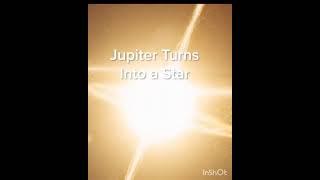

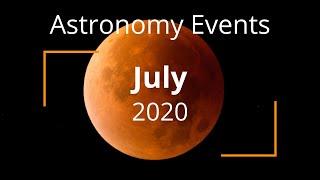
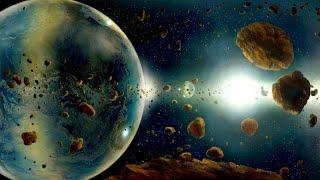
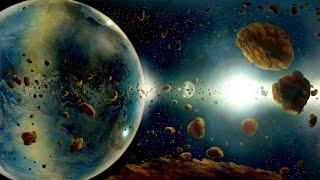

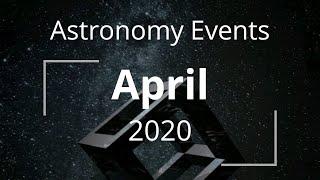



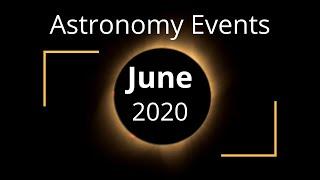

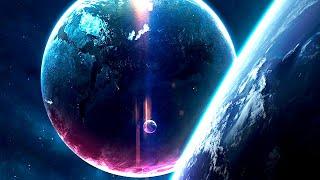
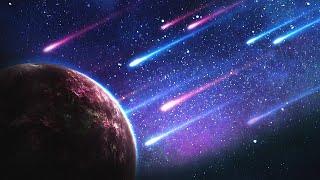
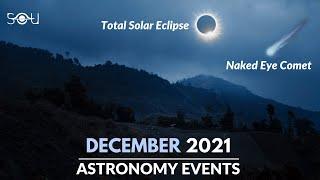





Comments